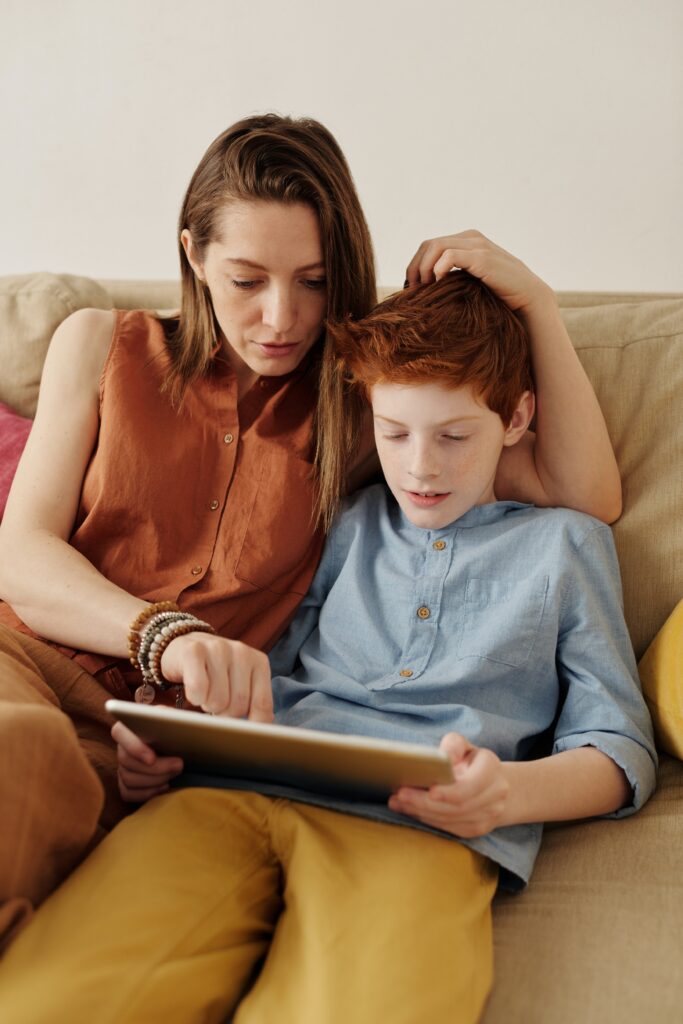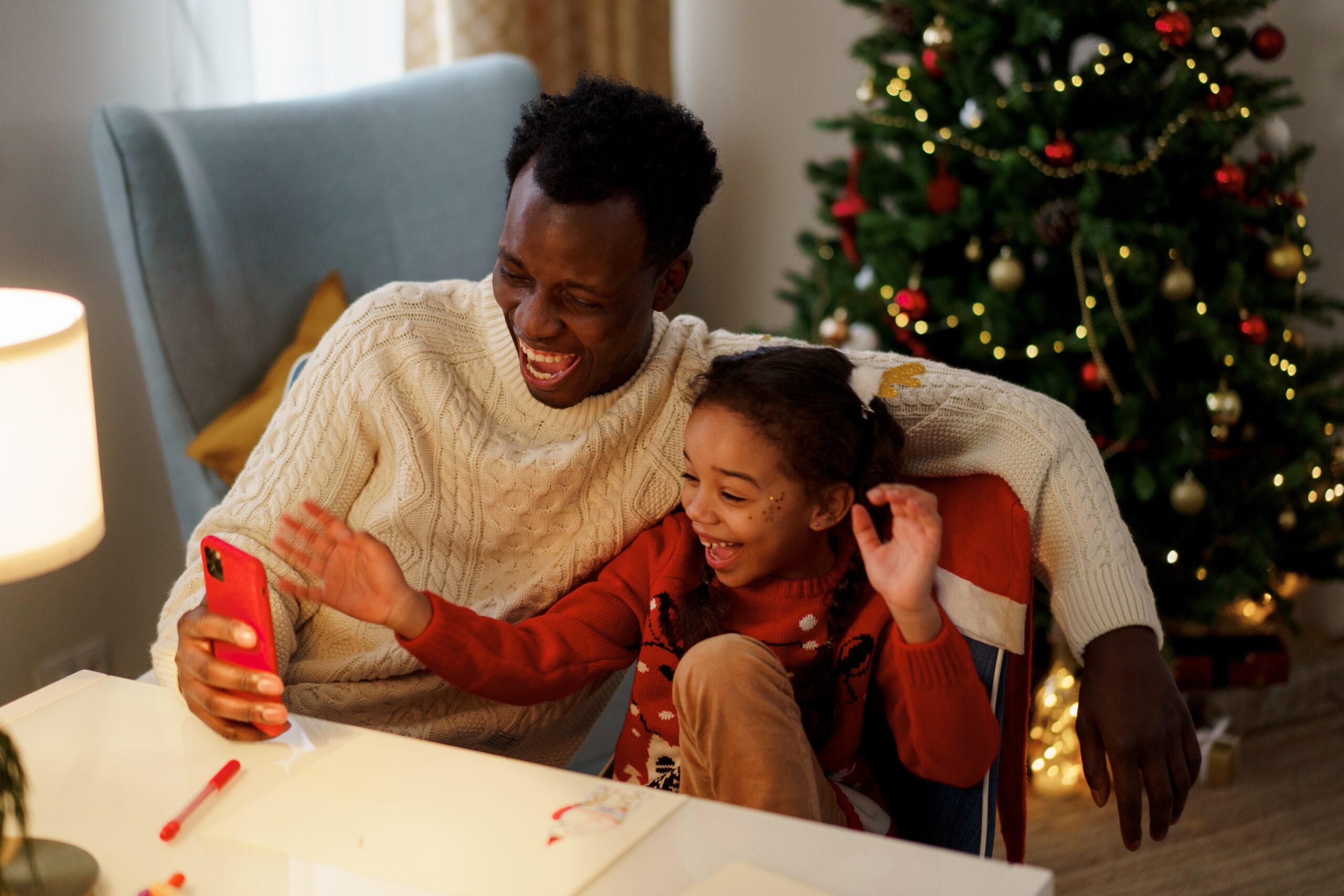According to Colombian Association of Systems Engineers (ACIS), cybercrime increased 600% last year, the most common crime was virtual theft, but the violation of personal data, abusive access to computer systems, spoofing of websites, non-consensual transfer of assets and sexting, were not far behind.
The means of communication The FM ensures that, according to figures from the Police Gaula, this last crime increased by 130% and mainly affected minors, that is why on the Facebook channel Let’s Talk Clear with the Prof, the psychologist Liz Montes together with a representative of the parents and a representative of the students, spoke about the role of parents in the virtual education of their children and the prevention of cybercrime.
“Parents must bear in mind that children are digital natives, they were trained in networks and parents must set rules, schedules and everything that is an example to regulate the time and use of Wi-Fi,” said the psychologist.
Control activities to avoid problems
Montes affirms that the dangers in social networks for minors are increasing physically, since spending a lot of time browsing, children suffer from sleep disturbances, lack of concentration, poor academic performance, low emotional control, among others.
Many parents can not spend most of the time with their children, so they buy devices to distract them while they are away, however the psychologist believes that this is a bad habit since minors freely navigate through an environment full of information and offenders willing to take advantage of the misinformation of the youngest.
“It is quite a risk to give our children a cell phone so that they can be distracted because this type of technology can promote a certain type of addiction,” said psychologist Liz Montes.
What is the responsibility of the parents?
For the mother of the family, Nadia Prada, parents have found it necessary to acquire electronic devices so that their children learn knowingly about the risks they run on the internet, but it is also difficult to verify what young people are doing while they are working.
“We were forced to give them the tools to fulfill their duties and we know that making it easier for them to use the networks is not so good, but if I don’t do it, they can do it without my consent,” says the mother.
Although he is also aware that safe navigation should be a central theme when talking as a family and despite not spending much time during the week, you have to take advantage of spaces like dinner to ask them about their day, check what they do and trust them.

–
The psychologist supports the mother’s opinion and suggests that “if it is difficult for them to be with their children during the week, then carry out family integration activities on the weekends and show the children other options so that they see that devices are not the only thing that they have for fun ”.
Trust between parents and children is the key
Another of the guests to the talk comments on her experience in social networks when making friends from other countries and the trust she has with her mother, who also has access to her accounts, does not judge her and informs her about the most common dangers to children. that you can face when you are alone online.
“Personally, I have some friends from other countries who were not very trustworthy at first, but so far we have been able to see with my mother that they are not bad people. She has access to my passwords and if something happens that bothers me, I tell her, it is a great support to maintain more security in navigation, “said the girl.

–
Therefore, the psychologist reaffirms that the responsibility of what their children do online is also their parents who, according to her in many cases, are losing their children because a computer educates them.
This is why it suggests that parents get involved in their children’s virtual tastes and interests, know which influencers they follow and instruct young people to seek content that provides them with knowledge.
“The responsibility is not only on the influencers, but on the parents who must be attentive to those interests of their children with respect to certain characters,” added Montes.
–


